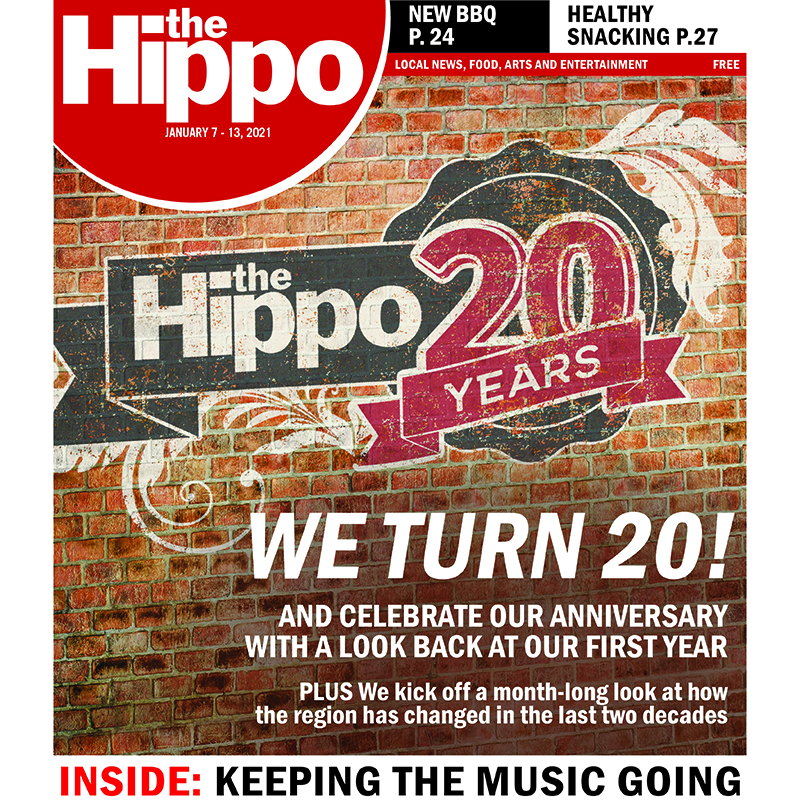A few weeks ago, the Union Leader printed a story with the bold headline “NH scores among the top when it comes to race and health equality.”
The article was based on a recent report by the Health Opportunity and Equity (HOPE) Initiative and it pulled statistics stating that 67 percent of Black adults in New Hampshire have “very good or excellent” health compared to 59 percent of whites and 56 percent of Hispanics in the state.
Only at the end of the Union Leader piece was there a passing mention of the disproportionate impact of the Covid-19 pandemic on BIPOC (Black, Indigenous, People of Color) communities. I am struggling to see how these facts were not taken under consideration prior to going to print.
The Governor’s Covid-19 Equity Response Team (GCERT) provided their Initial Report and Recommendations to Gov. Sununu in July 2020. In their 50-page analysis, the group of public health experts from across the state provided a clear statistical case about these disparities and highlighted the full range of determinants, which often have racial bias woven into their fabric.
The GCERT report examined the cases of Covid-19 based on one’s racial-ethnic identity. Unfortunately, these are not always reliable statistics, primarily because our systems often do not do a good job of capturing demographic information accurately and completely, as we’ve seen with the Covid disparities data — as is also seen across the country according to the Covid Tracking Project. Additionally, given the reality of institutional and systemic racism, some individuals may not want to reveal their true racial-ethnic identity out of concern for potential discrimination.
One important contributing factor that wasn’t covered in the article is how our relatively rural state was impacted by the opioid crisis. In our nation’s health care model, white people are often doing “better” because we are being compared to communities of color; otherwise we, too, would have poor health outcomes. The closing line in the analysis section of the HOPE report summarized this reality: “Although white populations generally fare better on most measures of opportunity than most other populations in the state, white adults in New Hampshire have higher rates of premature mortality.”
Headlines are often not the full story. If we are truly committed to being a state where everyone has equal opportunity for good health then we are going to need to seek truth in the lived experiences of people who are suffering disproportionate impacts — including for both the Covid-19 pandemic and the opioid crisis. The GCERT report provides a solid starting place to truly create a healthy state where all structures support belonging, equity and good health for all.


























